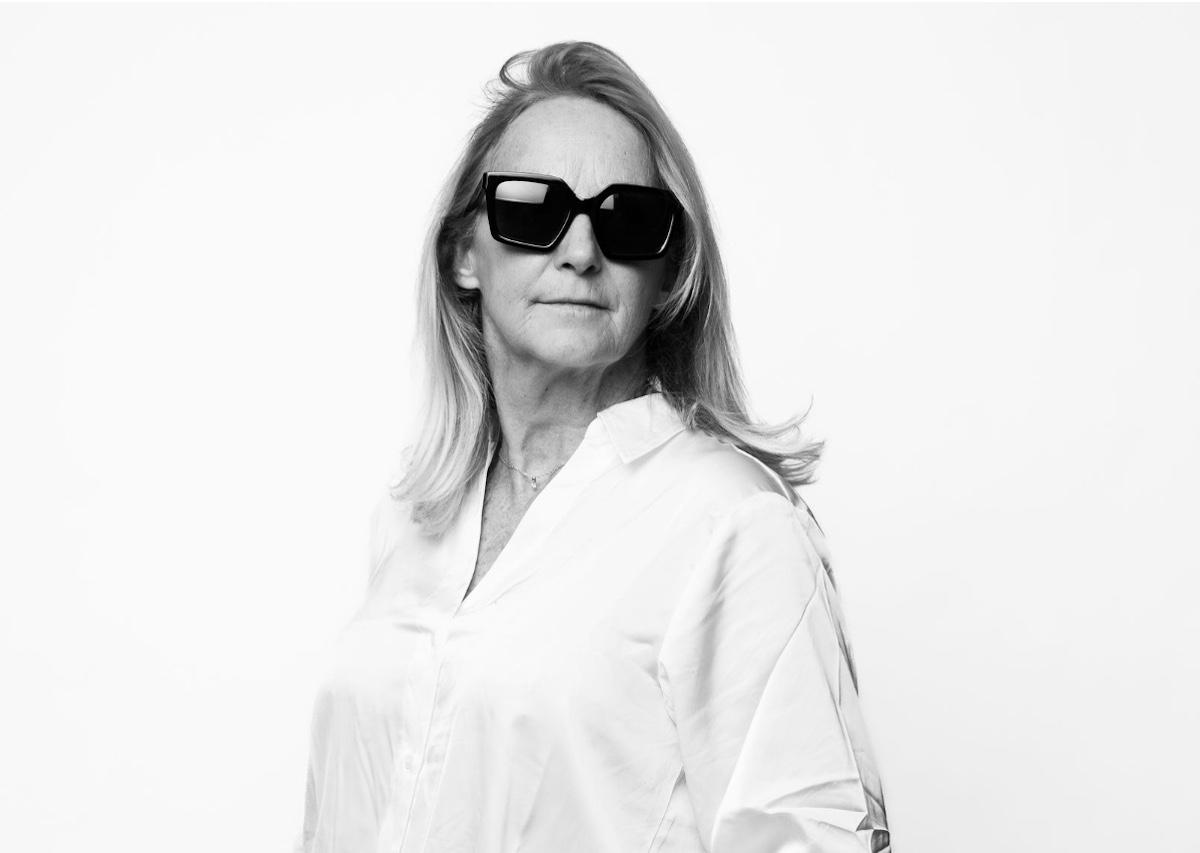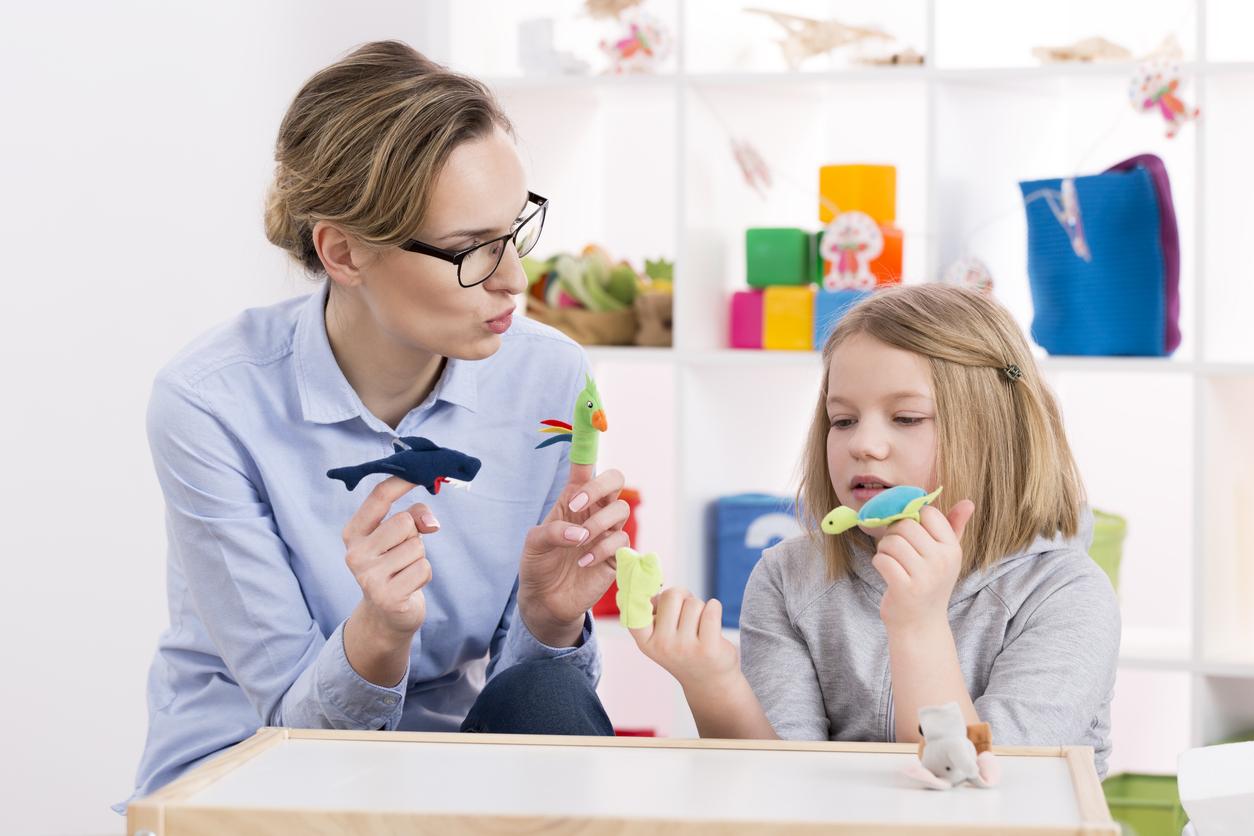According to a study of 300 caregivers, 85% of patients who have diagnosed their illness themselves using websites are wrong.

This has probably already happened to you: type in a search engine the symptoms that assail you to try to determine before even making a medical appointment which disease you are suffering from.
But one does not improvise as a doctor. This is highlighted by a study carried out by the start-up 360 medics, a collaborative medical platform for healthcare professionals. Conducted with 300 caregivers, it shows that rather than facilitating their care, patients who self-diagnose using the Internet risk complicating their relationship with their doctor.
Internet, an unreliable and anxiety-inducing source of information
In fact, the survey shows that 83% of caregivers questioned have already seen patients who have made their own diagnosis. But rare are those who have been able to find the pathology from which they suffer without error. The study data show that in 85% of cases, this self-diagnosis is wrong.
“They confuse the symptom and the diagnosis. They tell us: I have bronchitis when they cough, sinusitis for a cold, gastro when they have a stomach ache”, explains to the Parisian Dr. Battistoni, president of the union of general practitioners (MG France).
Because what patients rarely take into account is that a symptom can be related to various pathologies. And that the sources on which they get information are not always reliable and cannot, above all, replace the expert eye of a doctor. “They can be a good tool like the worst”, analysis for The Parisian Dr. Jean-Paul Hamon, President of the Federation of Doctors of France.
“The information is often general, anxiety-provoking, sometimes erroneous. It does not correspond to a personal clinical situation. The doctor’s expertise remains essential”, recalls for his part Gregoire Pigneradiation oncologist and founder of 360 Medics.
Redefining the patient-doctor relationship
This importance taken by self-diagnosis in the management of patients is all the more damaging in that it can alter the relationship with the caregiver. The latter is no longer considered as the “knowing” expert, but as the doctor supposed to confirm the diagnosis that the patient himself has made based on the analysis of his symptoms. “You have to explain to patients that their diagnosis is inaccurate, which is not ideal for building a relationship of trust from the outset. Sometimes they are disappointed to come out without the medicine they wanted”, explains Grégoire Pigné .
For Margot Bayard, vice-president of MG France, this knowledge accumulated by patients about their disease can also be an asset “They are less afraid of the doctor and dare to question us. We are here to work together.”
“If a patient tells us, I am afraid of having this pathology, that he has inquired, this enriches the discussion”, adds Grégoire Pigné. “There are even expert patients, affected by chronic illnesses, who have an extremely high level of knowledge. They discuss the treatment with the caregiver as equals. The care is better. It’s a virtuous circle .”
.















